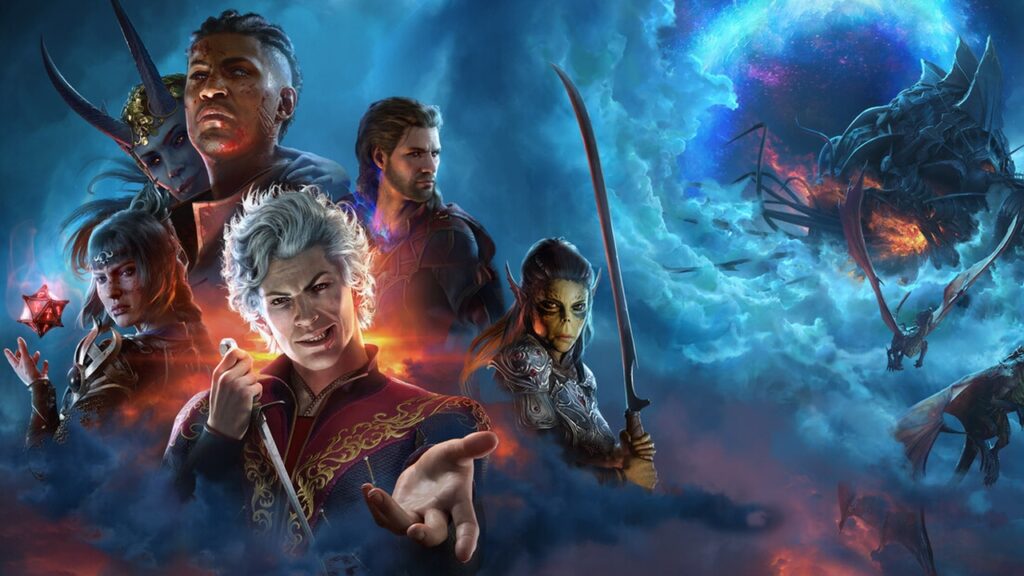Electronic Arts (EA) recently attributed the underperformance of “Dragon Age: The Veilguard” to its lack of live-service elements, with its CEO, Andrew Wilson recently suggesting that players “increasingly seek shared world features and deeper engagement.” This out-of-touch statement has sparked significant reactions from former lead developers of the Dragon Age series.

Former Dragon Age Leads Challenge EA’s Live-Service Assertion
Mike Laidlaw, the creative director behind the original Dragon Age titles, expressed his disagreement with EA’s stance. He remarked, “If someone said to me ‘the key to this successful single-player IP’s success is to make it purely a multiplayer game… I’d probably, like, quit that job or something.” Laidlaw’s departure from BioWare coincided with a proposed shift towards live-service models during the development of “The Veilguard.”
David Gaider, the lead writer for the series up until “The Veilguard,” also weighed in. He commented, “Let’s say you don’t actually know much about games… What are they all saying? ‘Live games do big numbers!’ ‘Action games are hot!'” Gaider advised EA to focus on the core elements that made the franchise beloved, suggesting, “Look at what it did best at the point where it sold the most. Follow [Baldur’s Gate 3 studio] Larian’s lead and double down on that. The audience is still there. And waiting.”
Their statements were an obvious jab towards the statement made by EA’s CEO, Andrew Wilson.

The Core of the Debate: Single-Player vs. Live-Service Models
The crux of the discussion centers on EA’s belief that integrating live-service components could have enhanced “The Veilguard’s” market performance. This perspective contrasts with the views of former developers and the majority of the gaming community who argue that altering the fundamental single-player experience might alienate the franchise’s dedicated fanbase.
Looking Ahead: The Future of Single-Player RPGs
As the gaming industry evolves, the balance between single-player narratives and live-service models remains a pivotal consideration. The reactions from Laidlaw and Gaider emphasize the importance of preserving the core elements that resonate with long-time fans while navigating market trends.



